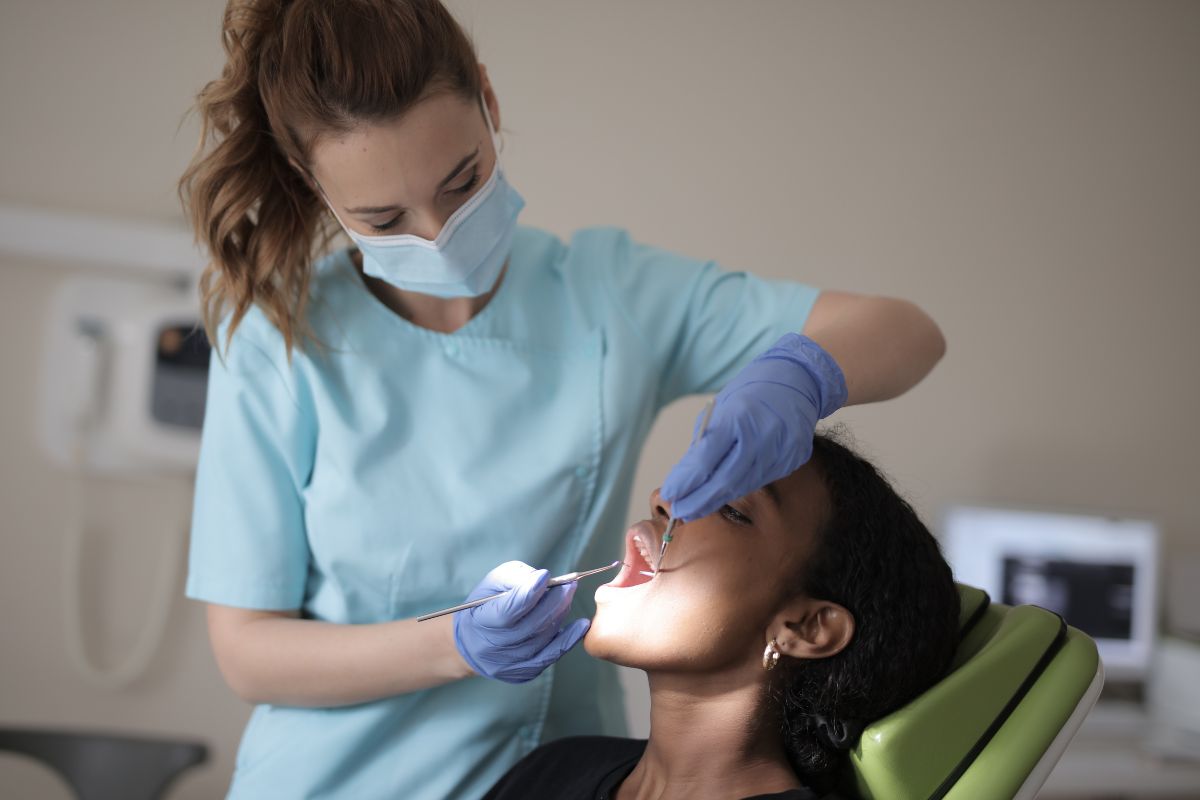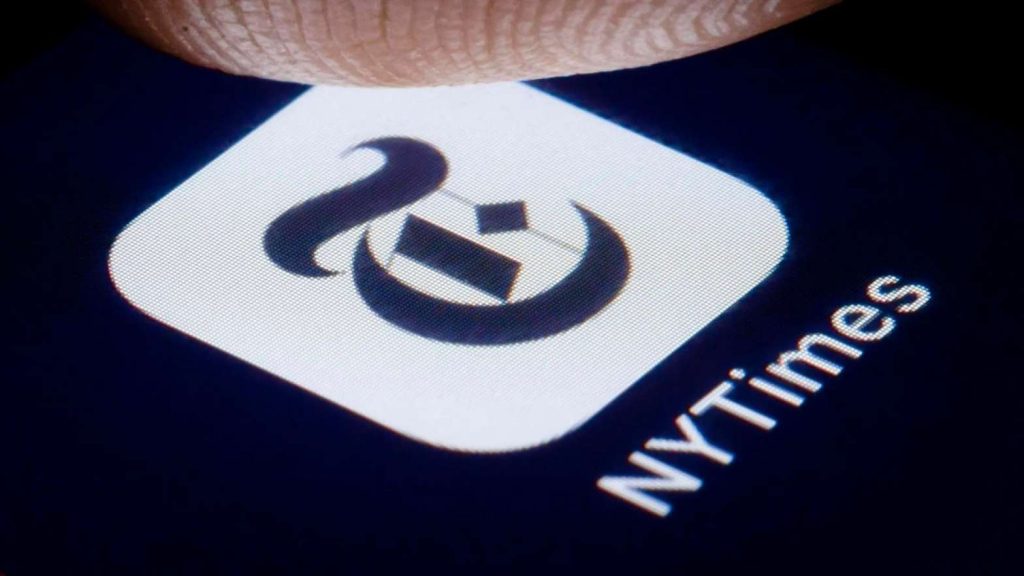
Hidden Dental Emergencies – Know the Signs
Dental emergencies are often unexpected and can be a source of significant stress and discomfort. While common dental issues such as cavities or gum disease are well-understood, it can be more challenging to discern what constitutes a dental emergency. This article delves into the less discussed signs and situations that indicate an urgent need for dental consultation.
Table of Contents
Unusual Symptoms: Not Just Pain
While severe pain is a clear indicator of a dental emergency, other, less obvious symptoms shouldn’t be ignored. For instance:
- Subtle Numbness: Numbness in the mouth or face can be a sign of nerve damage or infection. This is particularly critical if the numbness is sudden or unexplained.
- Metallic Taste: A persistent metallic taste can indicate a loose filling or a serious infection, such as a dental abscess, which could lead to more significant health issues if left untreated.
- Chronic Bad Breath: While bad breath is commonly associated with dietary choices, chronic bad breath can be a symptom of underlying dental problems like gum disease or tooth decay.
Beyond the Toothache: Other Painful Signals
Dental emergencies aren’t always localized to tooth pain. Be attentive to:
- Jaw Pain or Swelling: Swelling in the jaw or cheek can signal an infection, such as an abscessed tooth. In some cases, it can also indicate a fracture.
- Gum Inflammation and Bleeding: While occasional gum bleeding isn’t uncommon, persistent or severe bleeding, especially when accompanied by pain or swelling, can be a sign of advanced gum disease.
- Earache or Headache: Sometimes, dental issues can manifest as pain in the ears or recurring headaches, especially if the pain is concentrated in the lower jaw area.
Visual Clues: What to Look For
Some dental emergencies may be more visually apparent:
- Loose or Shifted Teeth: Adult teeth should never be loose. A loose tooth, even without pain, can indicate a serious underlying issue.
- Dental Abscess: Look out for a pimple-like swelling on your gums. This could be an abscess, which is an infection that can spread and cause significant health complications.
- Unusual Oral Lesions: Any sore, lesion, or lump in your mouth that doesn’t heal within two weeks should be examined by a dentist.
Behavioral Indicators: The Things You Might Overlook
Some dental emergencies are revealed through changes in behavior:
- Difficulty Eating: Difficulty or sudden discomfort while chewing can be a sign of a fractured tooth or an underlying infection.
- Changes in Oral Hygiene Response: If routine oral hygiene practices like brushing or flossing suddenly cause excessive discomfort or bleeding, it might indicate an underlying problem requiring immediate attention.
When in Doubt: The Value of a Prompt Consultation
Even if a symptom seems minor, it’s crucial to err on the side of caution. Early intervention can often prevent more severe complications and can be critical in preserving oral health. Remember:
- Timeliness is Key: The sooner a dental issue is addressed, the more favorable the outcome is likely to be.
- Professional Assessment: An emergency dentist can evaluate symptoms that might seem benign but could be indicative of more serious conditions.
The Grey Areas: When Symptoms Are Unclear
In some cases, symptoms might not point to a dental emergency, but they shouldn’t be ignored. For instance:
- Intermittent Pain: Even if the pain isn’t constant, it could still indicate a problem that requires professional assessment.
- Sensitivity to Temperature: Sensitivity to hot or cold foods and drinks can be a sign of tooth decay or gum disease.
Preventative Measures and Awareness
Understanding the range of symptoms and signs that can indicate a dental emergency is crucial. This awareness is vital not just for immediate treatment but also for preventive care.
Proactive Steps to Take
- Regular Dental Check-ups: Routine visits can help in the early detection of potential issues.
- Maintaining Good Oral Hygiene: Regular brushing, flossing, and using mouthwash can prevent many dental emergencies.
Impact on Overall Health
A lesser-known aspect of dental emergencies is their potential impact on overall health. Dental issues, if left untreated, can lead to or exacerbate systemic health problems.
- Heart Disease and Stroke: Research has indicated a link between oral infections, particularly gum disease, and cardiovascular conditions, including heart disease and stroke.
- Diabetes Complications: For those with diabetes, poor oral health can make managing blood sugar more challenging. Conversely, well-managed oral health can improve diabetes symptoms.
These connections underscore the importance of not neglecting dental emergencies, as they can have broader implications for your overall health.
Psychological Effects
The psychological impact of dental emergencies is an often overlooked aspect. Dental issues can significantly affect one’s self-esteem and mental health.
- Anxiety and Stress: Experiencing a dental emergency can cause considerable anxiety and stress, especially if the issue affects one’s appearance or the ability to eat and speak normally.
- Impact on Social Interactions: Problems such as missing teeth or chronic bad breath can lead to self-consciousness and avoidance of social situations, impacting one’s quality of life.
Addressing dental emergencies promptly not only alleviates physical discomfort but can also mitigate the psychological and social distress associated with them.
Conclusion
In conclusion, understanding the broader range of symptoms and signs that can signal a dental emergency is vital. Pain, while a common indicator, is not the only sign to watch for. Numbness, changes in taste, unusual oral lesions, and even behavioral changes like difficulty eating can all signal the need for urgent dental care.
Remember, dental emergencies are not limited to severe toothache or trauma. By being aware of these less-discussed indicators, you can take timely action, potentially saving yourself from further pain, discomfort, and more invasive treatments down the line. When in doubt, consulting with a dental professional is always the best course of action.
January 8, 2024


















